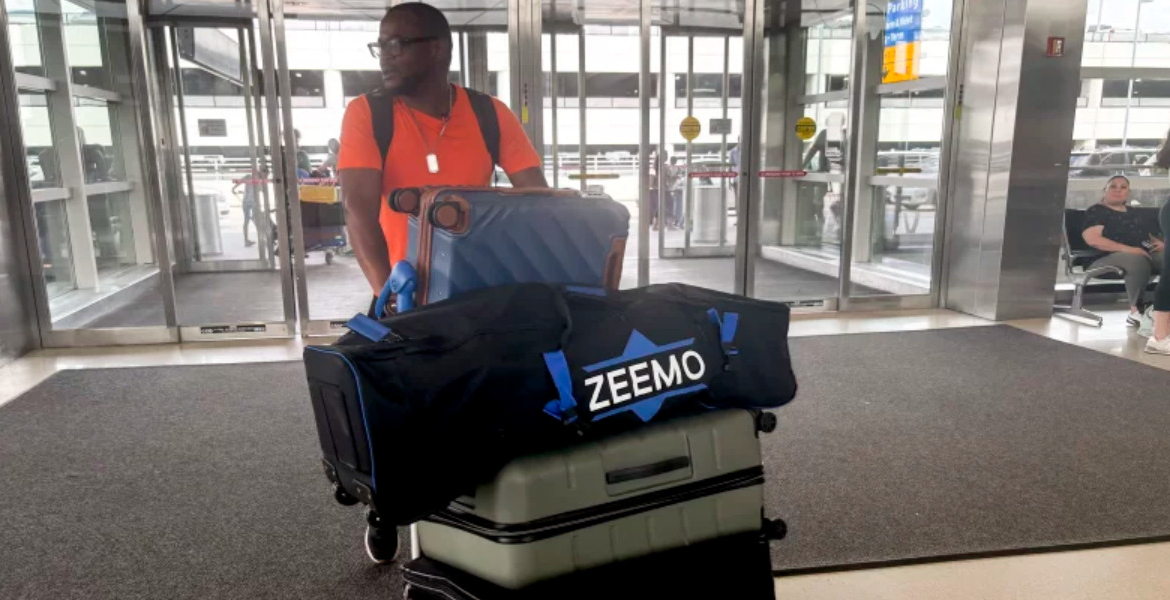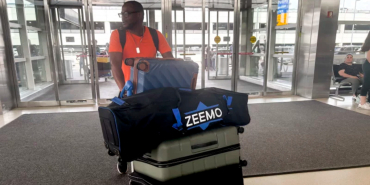Three Kenyans Targeted in Trump’s Immigration Crackdown

Three Kenyan nationals living in the United States are facing deportation proceedings as US immigration enforcement intensifies under the Trump administration.
In Washington State, Martin Njogu Njoki, 43, is being held at the King County Correctional Facility following criminal charges related to an incident involving a teenage passenger. Prosecutors allege that Martin, who was working as a Lyft driver, coerced a 16-year-old girl into sexual contact during a trip between SeaTac and Bellevue.
He has been charged with indecent liberties and unlawful imprisonment. Bail has been set at $150,000, and he is prohibited from contacting minors or possessing weapons. His arrest has placed him under federal immigration scrutiny.
In Minnesota, Wilson Tindi, 42, is facing renewed deportation efforts linked to a prior conviction. Tindi previously served a prison sentence for sexually assaulting a sleeping woman. Despite his record, he secured a role with the Minnesota Department of Education, eventually becoming an internal auditor.
He was arrested in June 2025 in connection with unresolved charges dating back more than a decade. The arrest has reactivated deportation proceedings that had been inactive for several years.
In Lansing, Michigan, Samuel Kangethe is not facing criminal charges but is still subject to removal. Kangethe has lived in the US for nearly two decades but was ruled deportable in 2014 after a court deemed his past marriage fraudulent.
Although he submitted evidence to contest the ruling, the case was dropped from the court docket due to COVID-19-related delays. A new hearing is scheduled for January 2026, but in the meantime, Kangethe remains vulnerable to deportation.
To avoid detention and preserve the chance of future legal re-entry, he has chosen to self-deport, leaving behind his wife and three children. These cases have raised concerns within the Kenyan diaspora, leading to calls for legal assistance and community support.
Immigration lawyer Otieno Ombok, a member of the Kenya US Bar Association, which includes more than 200 Kenyan immigration attorneys, emphasised the importance of timely legal intervention. Professor Kefa Otiso of Bowling Green State University noted that voluntary departure is sometimes the best option when legal remedies have been exhausted, warning that forced deportation often results in long-term or permanent re-entry bans.
Legal experts are advising those at risk of removal to seek immediate assistance. Mukulima Muriuki, a peace and conflict resolution specialist based in California, has recommended contacting organisations such as the National Immigration Law Centre or the Kenyan Embassy to explore available options.
He also urged individuals to keep records of all official interactions and to avoid signing documents without legal advice, as doing so could inadvertently affect their immigration status. These developments come amid a broader shift in US immigration policy.
On 19 September, President Trump issued an executive order raising visa application fees for foreign employers from $1,500 to $100,000, citing concerns over job displacement and visa misuse. The move is seen as part of a wider crackdown likely to affect various immigrant communities, including Kenyans.
With President William Ruto attending the United Nations General Assembly in New York, members of the Kenyan community in the US are urging the government to offer more direct support. Proposed measures include enhancing consular services, providing legal aid, and introducing repatriation programmes offering job placement and financial assistance for returnees.








Add new comment